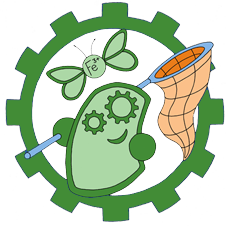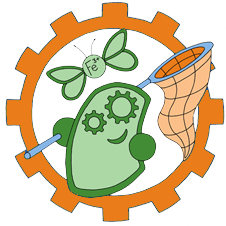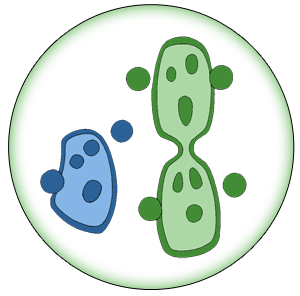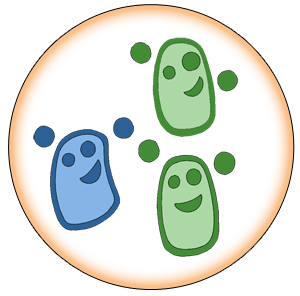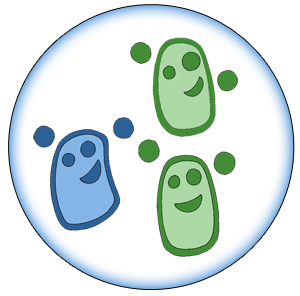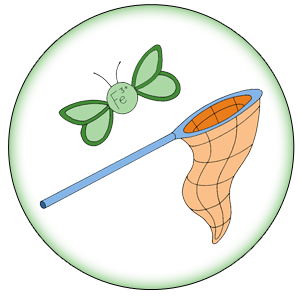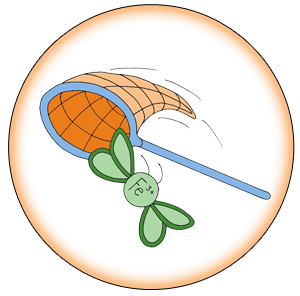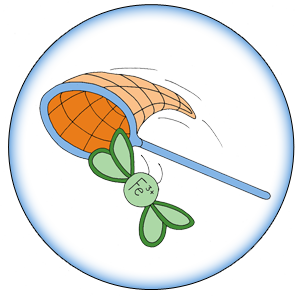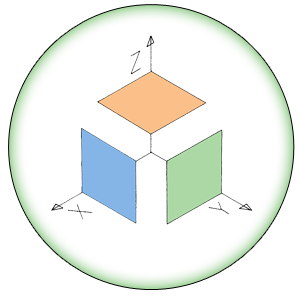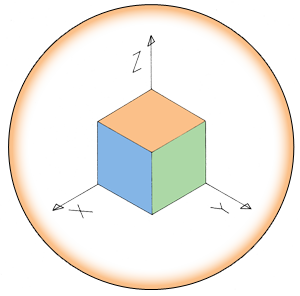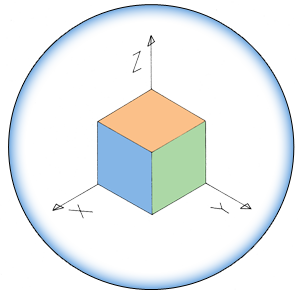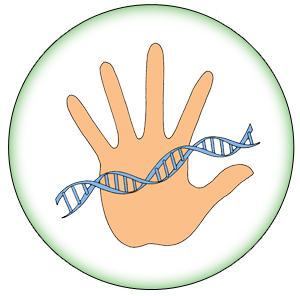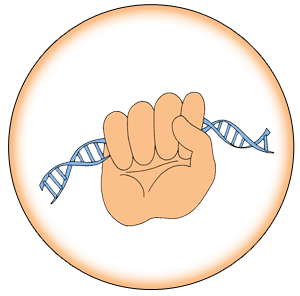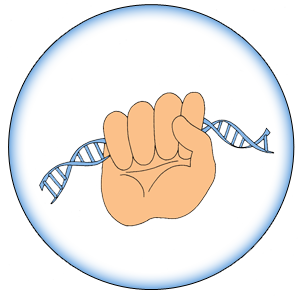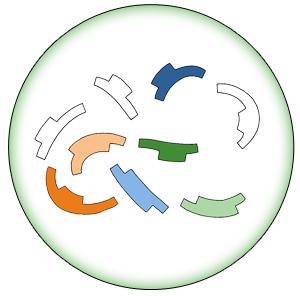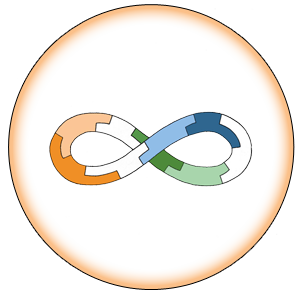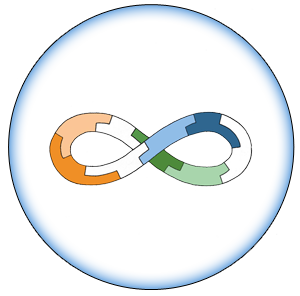Team:Edinburgh/Human Practices
From 2013.igem.org
GBlackhurst (Talk | contribs) |
|||
| (8 intermediate revisions not shown) | |||
| Line 4: | Line 4: | ||
<div class='content'> | <div class='content'> | ||
| - | <h3>Human Practices </h3> | + | <h3>Human Practices </h3>[[File:Plaid.PNG|200px|left]] |
| - | + | ||
| - | + | '''Almost every country has some kind of factory or waste producing business that could benefit from [[Team:Edinburgh/Human Practices/Waste Treatment | treatment]]. In order to reach that global environment, we must start at the local level. In Scotland, as in other countries, there are already certain chemical treatments in place that may precipitate the contaminant, but these can be expensive and do not do anything special with the waste. What we aim to do is not just remove this contaminant, but also use it to make a [[Team:Edinburgh/Introduction/Bioethanol | useful product]].''' | |
| - | As the vote on [[Team:Edinburgh/Human Practices/Independence | Scottish independence]] grows nearer, a | + | Our system would fit like a puzzle piece into the current industrial settings as an add-on to an existing [[Team:Edinburgh/Human Practices/Waste Treatment/Existing technology | factory]]. In Scotland, there are three [[Team:Edinburgh/Human Practices/Industries | main industries]] that could be easily targeted with our waste treatment: textiles, leather, and whisky. While investigating these particular businesses, we visited a whisky distillery to see how our treatment option might fit in, about which you can find more information [[Team:Edinburgh/Human Practices/Industries/Whisky | here]]. |
| + | |||
| + | As the vote on [[Team:Edinburgh/Human Practices/Independence | Scottish independence]] grows nearer, a closer look at the proposed economy is essential. An ever expanding industry in Scotland is the life sciences, which, unlike the Aberdeen oil industry, will continue to develop as new innovations are made. This is based on the premise that the life sciences are not tied to a shrinking supply of some element or compound, but are limited only by imagination and funding. The creation of this system would further move to promote and develop the study of life sciences because of its potential for growth; both locally and globally. | ||
We are all very happy to have become members of an iGEM team, but many bright people around the world and even in Edinburgh are unaware of this amazing competition or of Synthetic Biology and Genetic Engineering at all. This is why we looked for as many opportunities to present these concepts to the target audience of other well-educated students, from diverse scientific backgrounds and nationalities. | We are all very happy to have become members of an iGEM team, but many bright people around the world and even in Edinburgh are unaware of this amazing competition or of Synthetic Biology and Genetic Engineering at all. This is why we looked for as many opportunities to present these concepts to the target audience of other well-educated students, from diverse scientific backgrounds and nationalities. | ||
| - | + | ||
| - | + | ||
</div> | </div> | ||
{{Team:Edinburgh/Footer}} | {{Team:Edinburgh/Footer}} | ||
Latest revision as of 01:14, 5 October 2013
Human Practices
Almost every country has some kind of factory or waste producing business that could benefit from treatment. In order to reach that global environment, we must start at the local level. In Scotland, as in other countries, there are already certain chemical treatments in place that may precipitate the contaminant, but these can be expensive and do not do anything special with the waste. What we aim to do is not just remove this contaminant, but also use it to make a useful product.
Our system would fit like a puzzle piece into the current industrial settings as an add-on to an existing factory. In Scotland, there are three main industries that could be easily targeted with our waste treatment: textiles, leather, and whisky. While investigating these particular businesses, we visited a whisky distillery to see how our treatment option might fit in, about which you can find more information here.
As the vote on Scottish independence grows nearer, a closer look at the proposed economy is essential. An ever expanding industry in Scotland is the life sciences, which, unlike the Aberdeen oil industry, will continue to develop as new innovations are made. This is based on the premise that the life sciences are not tied to a shrinking supply of some element or compound, but are limited only by imagination and funding. The creation of this system would further move to promote and develop the study of life sciences because of its potential for growth; both locally and globally.
We are all very happy to have become members of an iGEM team, but many bright people around the world and even in Edinburgh are unaware of this amazing competition or of Synthetic Biology and Genetic Engineering at all. This is why we looked for as many opportunities to present these concepts to the target audience of other well-educated students, from diverse scientific backgrounds and nationalities.

| 
| | | | 
|
| This iGEM team has been funded by the MSD Scottish Life Sciences Fund. The opinions expressed by this iGEM team are those of the team members and do not necessarily represent those of MSD | |||||
 "
"
